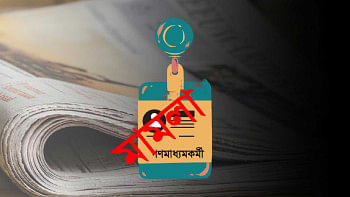America's day of infamy
ONE of the most chilling Radiogram messages of the 20th century was a naval dispatch issued by the Commander in Chief of the Pacific Fleet on December 7, 1941. A one line message that declared the attack on Pearl Harbor (the US naval base in Hawaii) by the Japanese air force, saying: AIR RAID ON PEARL HARBOR X THIS IS NOT A DRILL. In the aftermath of the surprise attack, over 3,600 Americans were dead and wounded as the US Pacific Fleet lay in ruins. Thus, President Roosevelt's famous "Day of Infamy" speech was delivered. The Second World War would never be the same again.
The attack -- code named Tora! Tora! Tora! by the Japanese -- damaged or completely destroyed most of the US battleships. The imperial Japan seemed temporarily free of worries about its major rival Pacific naval power; but in the long term the attack on Pearl Harbour was a grand strategic blunder for Japan. It spurred the US into a determination to fight to complete victory.
When President Franklin D. Roosevelt addressed the US Congress on December 8 and called for a declaration of war against Japan, he did not mention Germany and Italy—the two other members, with Japan, of the Axis alliance. The German envoy then in Washington assured the German Foreign Office that the US would fight only Japan. But on December 11, Adolf Hitler declared war on the US, citing Germany's treaty obligations with Japan. Italy quickly followed. The US was immediately in a two-front war and had to divide its strength and resources between the Pacific and Europe. US and British political and military leaders had previously decided that, in the event of a two-front war, the defeat of Nazi Germany would come first. The US poured men and weapons into embattled Britain and began planning for liberation of German-occupied Europe that would end with Japan collapsing too.
It's been 72 years to the day of attack on Pearl Harbor. The attack is often generalised as a turning point of WW2.True, but beyond this there is more. If observed carefully then one would see how strategically the US fleets that are scattered globally today are positioned and guarded. As a long term effect Peral Harbor also impacted US's geo-political and military decisions.
December 7, 1941 might have been a day of infamy for the late president Roosevelt but in the long run it had changed the course of war that had proved to be only better for the allies.
The writer is Current Affairs Analyst, The Daily Star.

 For all latest news, follow The Daily Star's Google News channel.
For all latest news, follow The Daily Star's Google News channel. 



Comments